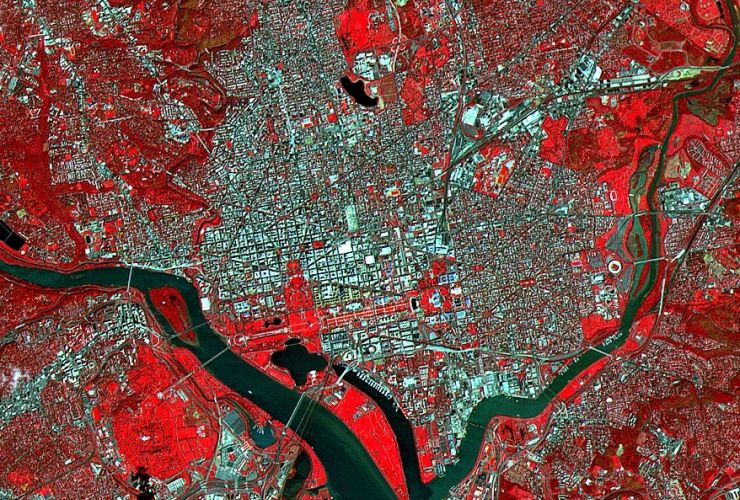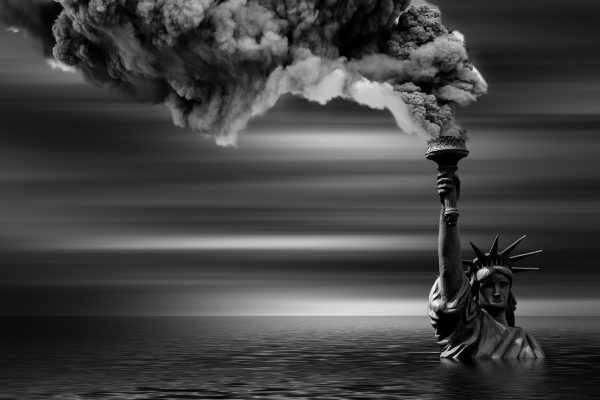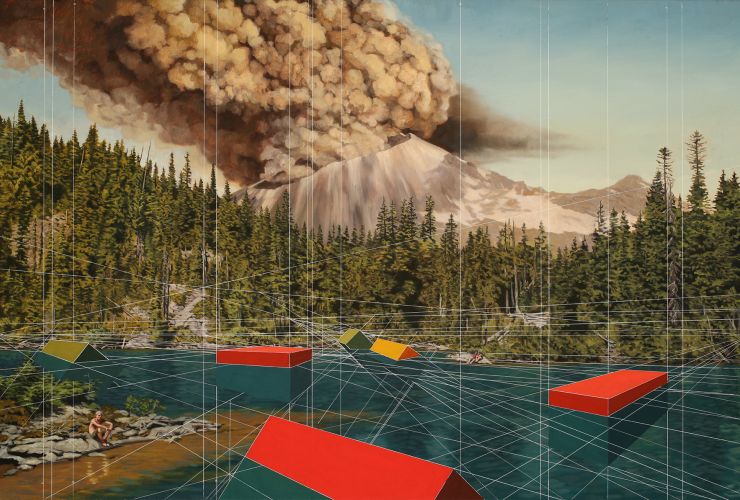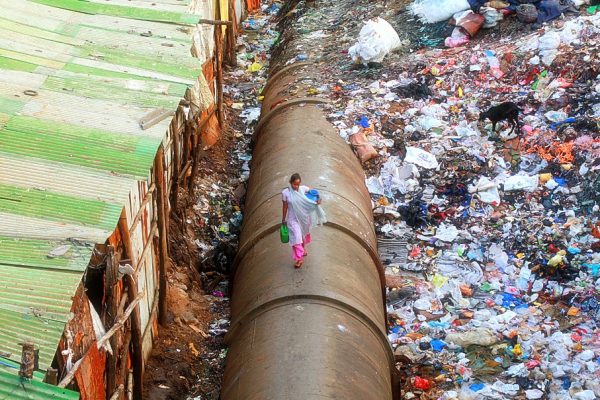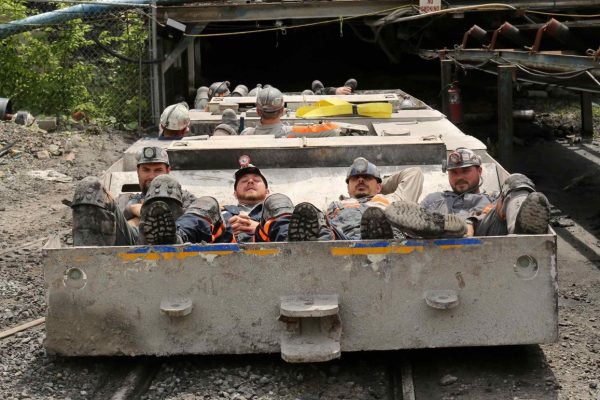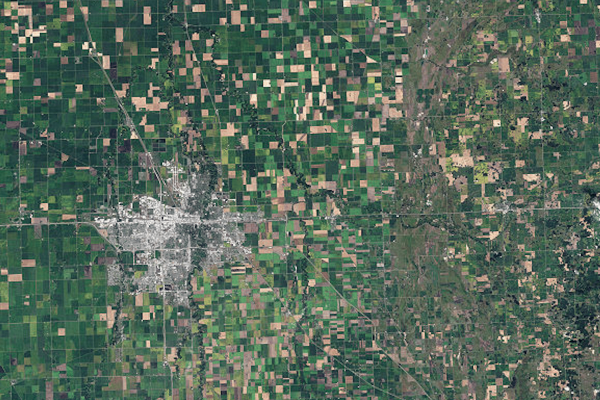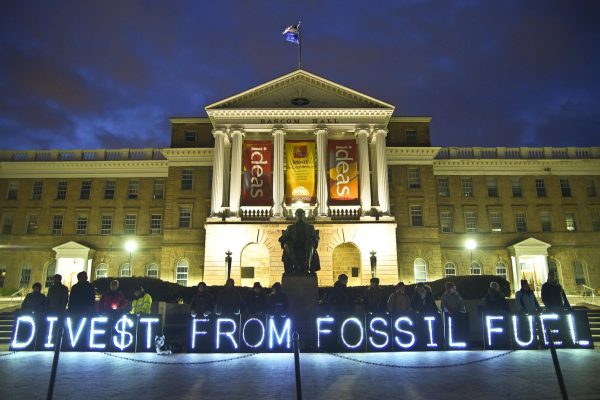July was officially the hottest month on Earth since records began. So, it’s no surprise that scientists are arguing that we have slipped out of the Holocene—the epoch that encompasses the last ten thousand years—and entered a new era: the Anthropocene, where humanity is the main force shaping the planet and nature can no longer be regarded as “natural.”
Today’s reading list wades deep into debates about how we should respond to such a time, asking questions like: Would climate engineering actually work? What would a green economy look like? Are divestment campaigns worth the effort? And how can we reconcile the emissions that coal produces with its promise of cheap and abundant energy for development?
But first, a trio of essays interrogate the very idea of the Anthropocene itself—including a brand new piece from Geoff Mann, co-author of Climate Leviathan. In “It Was Not Supposed to End This Way,” Mann reveals how the relationship between liberalism and the Anthropocene is one of dialectical doom: while it is frequently picked up by “liberal modes of sense making“ he writes, “the Anthropocene actually can’t fit the narrative because it is proof that the end of liberalism is near.”
The Anthropocene challenges liberalism’s vision of permanent progress. So why has it become another technocratic tool of liberal bureaucracy?
Forum
It is impossible to divorce nature from human influence. Can that influence be democratic?
A new book on climate change deploys an old theme, pitting man against nature. This is not only wrong; it stands in the way of a just future.
Forum
1.2% of the GDP. That's all it would take to green the economy.
Global capitalism is no longer simply characterized by uneven development, it is characterized by uneven disaster.
How fossil-fuel divestment can be an effective strategy for environmental change.
From the Great Lakes to the Flint River, we have devastated our waters through negligence, lethargy, and good intentions.
